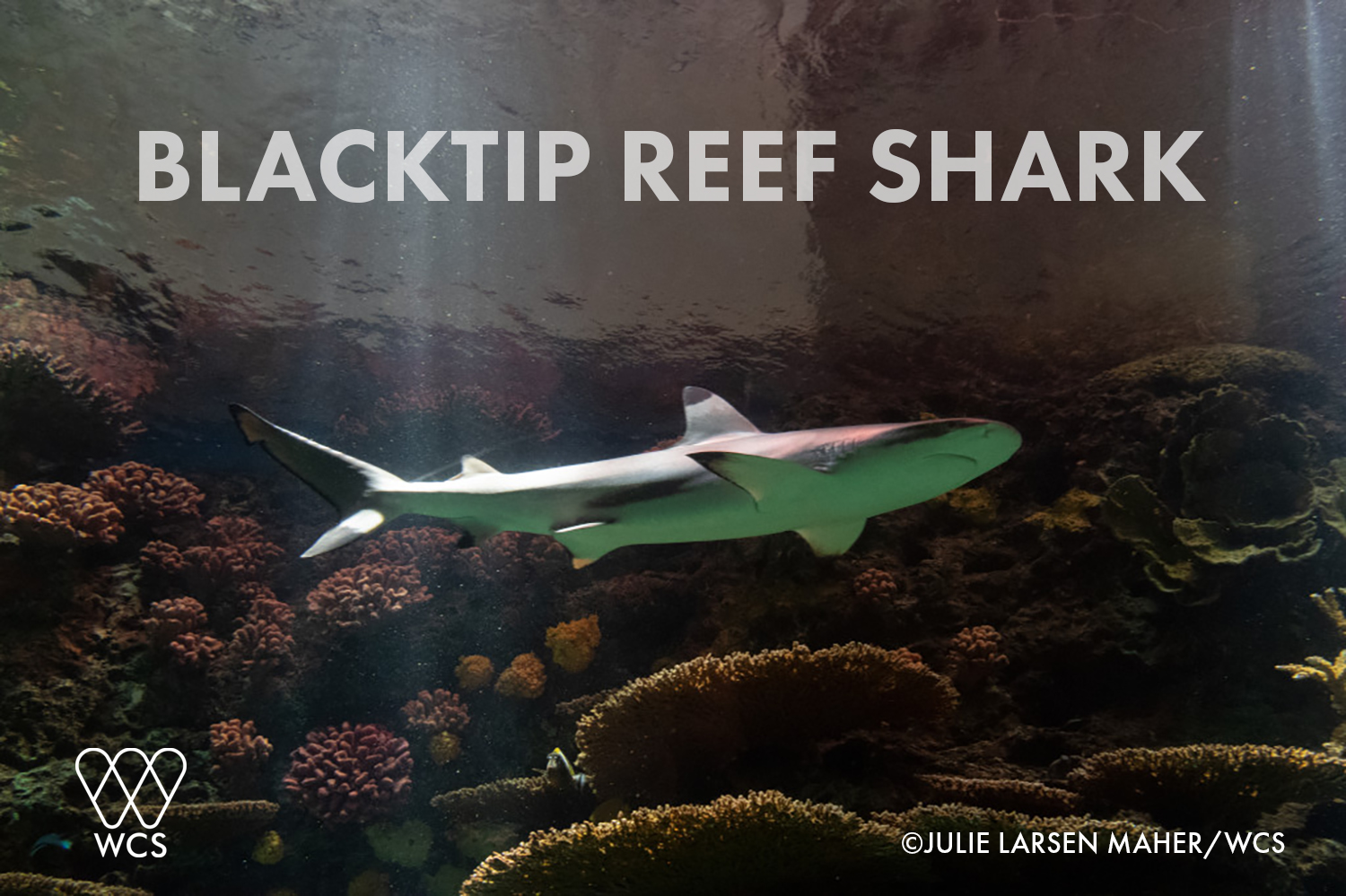
- Review of new tools and initiatives to effectively improve shark conservation.
- Develop linked programs of marine conservation work and learn how to better integrate them with WCS’s conservation priorities to advance shark conservation.
- See and learn from the work to conserve the reefs and sharks at Glover’s Reef Research Station
- The need to act fast- with sharks now one of the most threatened groups of animals on the planet
Placencia Village, Stann Creek District (February 26, 2024) Over fifty marine conservation experts from around the globe, including many from across Mesoamerica, are convening in Belize from February 26 to March 1, 2024. They will look at how a range of tools, internal and external partners, and new or ongoing initiatives can allow them to better implement shark conservation measures and increase the speed of action to protect these ocean predators that are disappearing around the world due to overfishing.
Despite having a 10-year shark strategy and having a kick-off meeting to start its implementation two years ago, the experts are concerned about recent research that indicates coastal mortality of sharks is increasing in many locations and is still deeply unsustainable given how slowly sharks grow and recover from human impacts on their populations.
The 5-day meeting, being held at Umaya Resort in Placencia, will highlight several topics. Among them are:
- WCS’S counter wildlife trafficking work and how that can assist shark conservation efforts now that the entire shark fin trade is listed on the Convention on the International Trade in Endangered Species of Wild Fauna and Flora (CITES)
- WCS’s Blue Ways 30X30 approach to marine protected areas and how sharks can benefit.
- Review of tools to effectively/more rapidly progress shark conservation.
- Best approaches to policy development, and how WCS and our partners can help in bringing government departments together to prioritize shark conservation action.
During a field trip to Glover’s Reef Research Station, scheduled for February 28, Belize government officials will listen to details on how WCS’s work at Glover’s in Belize impacts sharks and wider ocean health in Belize; as well as how the work at Glovers can help develop measures to assist in the implementation of WCS’s global shark conservation strategy.
Based on the week’s discussions, the group, being led by Luke Warwick, WCS’s Director, Shark, and Ray Conservation, says they plan to revisit the WCS shark strategy, look at how new tools and research can be used to refine it, and from a week of collaboration and exchange, and viewing shark conservation on the water in Belize – forge new linkages to save these ancient predators from extinction.
READ MORE: ONLINE ARTICLES - SHARK CONFERENCE:
Breaking Belize News - Wildlife Conservation Society commends Belize for protection of shark and ray population; calls for updating global strategy to protect sea predators
The Amandala Press - WCS hosts shark conservation conference in Belize
The San Pedro Sun - WCS invites media to interview experts attending the Global Shark Conservation Conference
BNN Breaking News - Belize's Blueprint for Global Shark Conservation: WCS's Successful Strategies Illuminate Path Forward
Wildlife Conservation Society saves wildlife and wild places worldwide through science, conservation action, education, and inspiring people to value nature. To achieve our mission, WCS, based at the Bronx Zoo, harnesses the power of its Global Conservation Program in nearly 60 nations and in all the world’s oceans and its five wildlife parks in New York City, visited by 4 million people annually. WCS combines its expertise in the field, zoos and aquarium to achieve its conservation mission. Visit: newsroom.wcs.org newsroom.wcs.orgFollow: @WCSNewsroom. For more information: 347-840-1242.347-840-1242
For more local information, Contact: Deseree Arzu (501-223-3271; darzu@wcs.org)